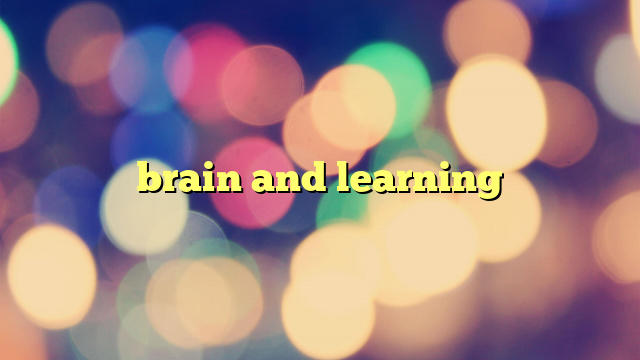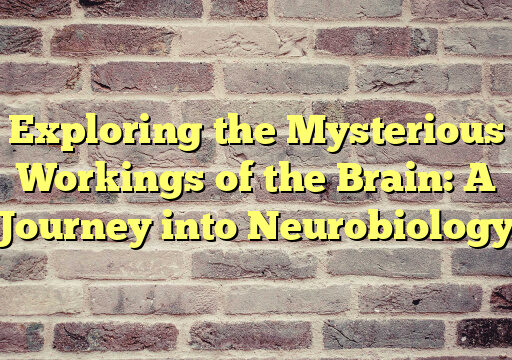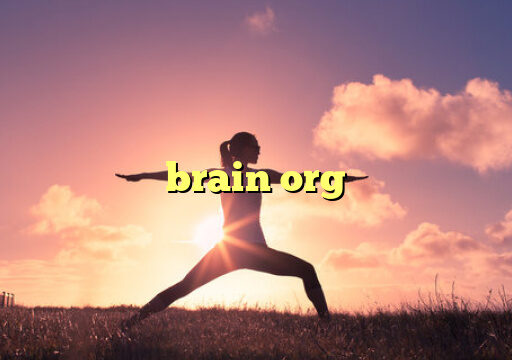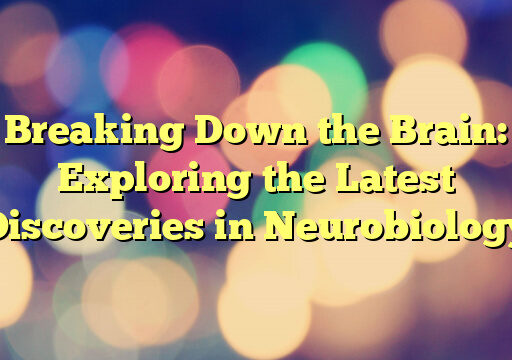Learning is a complex process that involves the brain in various ways. The brain is the most important organ in the body when it comes to learning, as it is responsible for processing information, storing memories, and making connections between different pieces of knowledge. Understanding how the brain works can help us optimize our learning strategies and improve our ability to acquire new knowledge and skills.
How the Brain Learns
When we learn something new, our brain goes through a series of steps to process and store that information. The process of learning involves the following steps:
- Encoding: This is the first step in the learning process, where the brain takes in information from the environment and converts it into a form that can be stored in memory.
- Storage: Once the information is encoded, it is stored in different parts of the brain, depending on the type of information and its relevance to our existing knowledge.
- Retrieval: When we need to recall the information we have learned, the brain retrieves it from memory and brings it back into our conscious awareness.
The Role of Memory in Learning
Memory is an essential aspect of learning, as it allows us to retain and recall information that we have learned in the past. There are different types of memory, including:
- Short-term memory, which holds information for a brief period of time before it is either forgotten or transferred to long-term memory.
- Long-term memory, which stores information for an extended period of time and allows us to access it when needed.
Neuroplasticity and Learning
Neuroplasticity refers to the brain's ability to reorganize itself by forming new neural connections in response to learning and experience. This means that the brain is constantly changing and adapting to new information, which is why learning is such a dynamic process. By engaging in activities that stimulate the brain, such as learning new skills or solving complex problems, we can enhance our brain's neuroplasticity and improve our ability to learn.
Conclusion
The brain plays a crucial role in the process of learning, as it is responsible for encoding, storing, and retrieving information. Understanding how the brain learns can help us optimize our learning strategies and improve our ability to acquire new knowledge and skills. By fostering neuroplasticity through activities that challenge the brain, we can enhance our learning potential and continue to grow and develop throughout our lives.
FAQs
Q: How can I improve my memory?
A: To improve memory, you can engage in activities that challenge the brain, such as puzzles, memory games, and learning new skills. Additionally, getting enough sleep, staying hydrated, and eating a healthy diet can also support memory function.
Q: Is it possible to learn something new at any age?
A: Yes, the brain has the ability to learn and adapt throughout life, a concept known as neuroplasticity. This means that it is never too late to learn something new, no matter your age.
Q: How can I optimize my learning strategies?
A: To optimize your learning strategies, you can try techniques such as spaced repetition, active listening, and visualizing information. Additionally, taking breaks, getting regular exercise, and managing stress can also support effective learning.
Unlock Your Mental Potential




